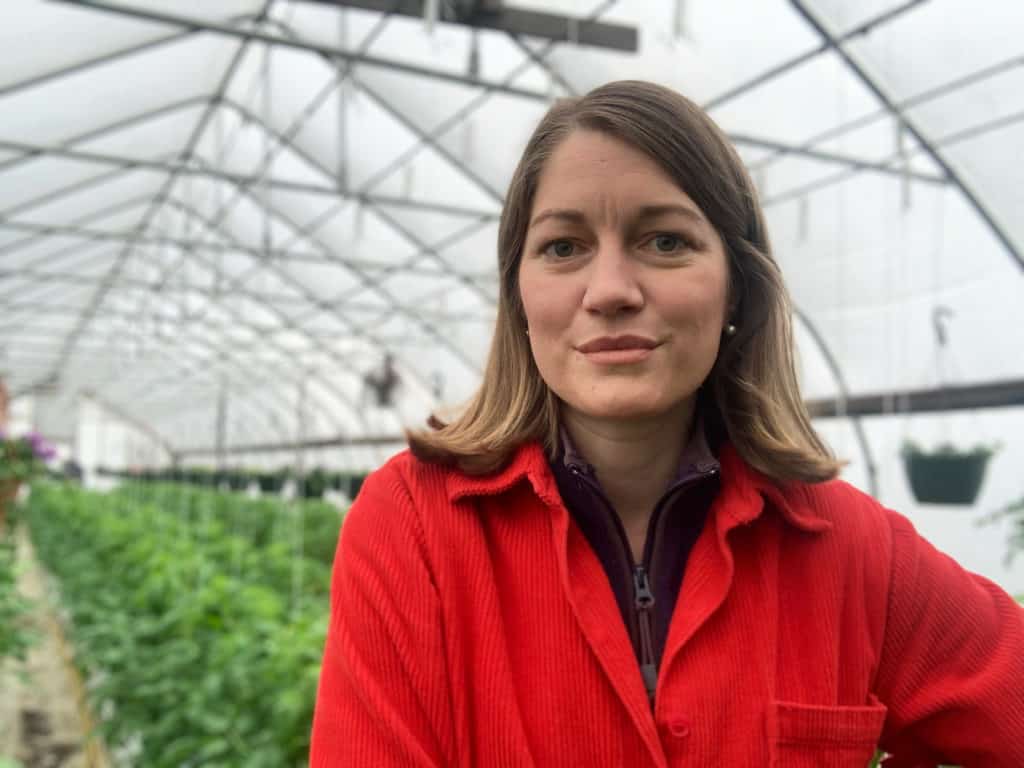
Dear Editor,
Over the last several weeks, Vermonters have been thinking a lot about food—where it comes from, who harvests it, how far it travels, what it costs and how much is available.
I was not one of those kids who grew up wondering where her food came from. My brothers and I were born and raised in Newbury on a diversified fruit, vegetable and dairy farm, where my family still farms today. Growing up, my family sold produce at our farm stand, to stores and restaurants and at farmers’ markets. Not only did farming provide a modest income for our family and food for the community, but it also kept us fed and self-reliant.
We stocked the cellar with potatoes, froze vegetables, pressed cider, made jam, butchered pigs, cows and chickens and made sure we had enough to get through the winter.
As the Vermont National Guard and Foodbank distributes hundreds of thousands of meals-ready-to-eat (MREs) in response to the emergency needs brought on by Covid-19, food is looming in our nation’s consciousness in a way it has not since the Great Depression.
As we “flatten the curve” and “open the spigot” let us not return to the approach to food of recent decades. Instead, let us take stock of what we have learned and take concrete action toward a healthy and secure future:
First, local farms are crucial to community-level recovery from the economic impacts of Covid-19. As a state, we can help our economy rebuild by supporting local, diversified agriculture.
Second, economic security and food security are linked. In order to provide for all Vermonters during a global pandemic, climate change, or any other future disrupter to national supply chains, we must invest in our local food system. We can do this by strengthening a Vermont-based supply chain where fresh, healthy, and safe produce, meat and dairy can continue to reach our homes, schools, stores and restaurants.
Finally, as we gear up for this growing season and our markets reopen, our farmers and workers, food producers and distributors deserve our every support. As Vermonters, we can commit to purchasing locally grown, sourced and prepared food as much as possible.
Molly Gray is the assistant attorney general and a Democratic candidate for lieutenant governor.




